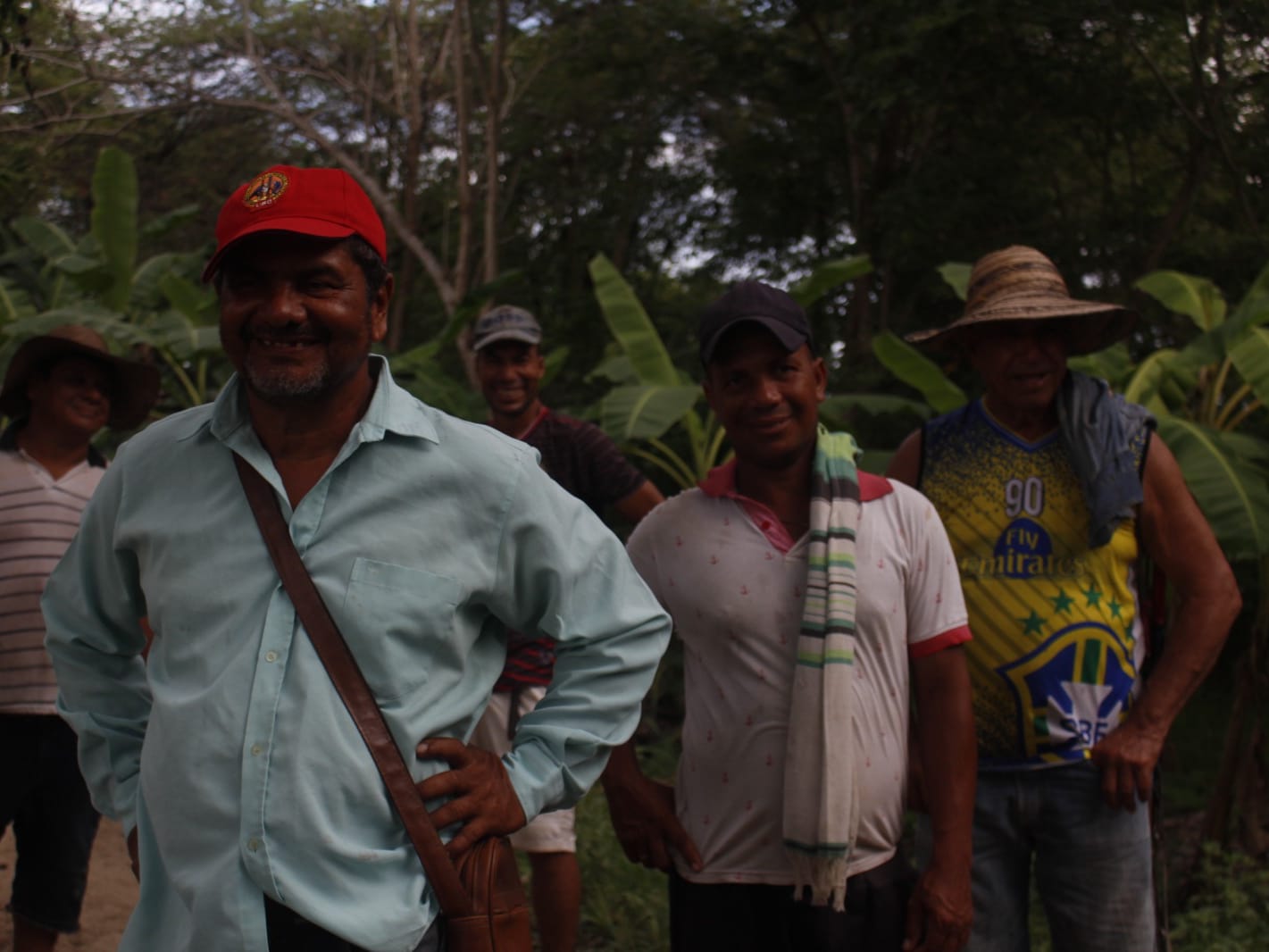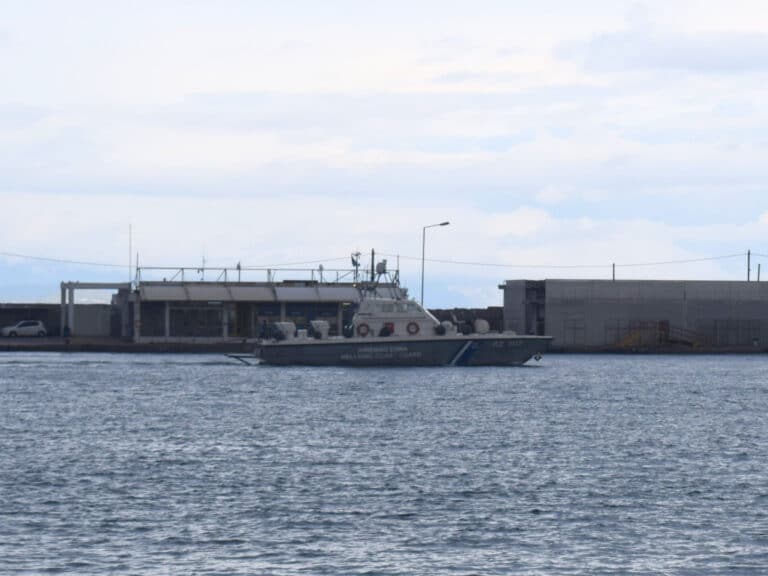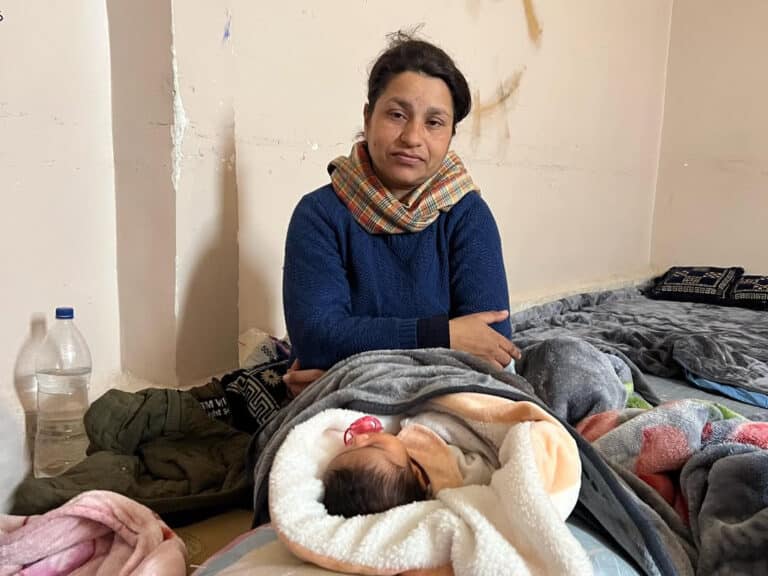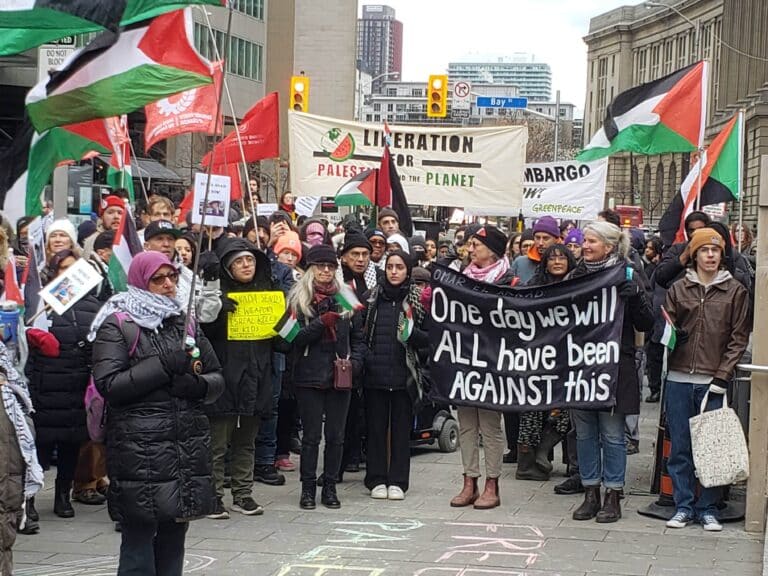Micah was a peasant farmer born in Moresheth, a quiet village located in Judah, southwest of Jerusalem. This peasant farmer prophesied against the greed and cruelty that abounded in his time.
In Micah’s day, people were selfish and opportunistic, and as a result, justice was poorly administered, always seeking self-interest over truth. Micah’s strongest call was against the corruption that permeated all areas of society, a society in which those in power took advantage of it, ignoring God’s call to act justly. Of course, in that historical context, the poor were not only the result of an unequal society; but their poverty was born of corruption and compounded by laws and justice systems that only favored those in power.
One of the passages Micah uses to denounce the corruption of his time refers to the judicial system that enabled the dispossession and forced displacement of peasants from their lands:
MICAH 2
- Woe to those who plan iniquity, to those who plot evil on their beds! At morning’s light they carry it out because it is in their power to do so.
- They covet fields and seize them, and houses, and take them. They defraud people of their homes, they rob them of their inheritance.
In Biblical contexts like Micah’s, being a prophet is a vocation, a willingness to be called by God into a deep relationship, in which God exposes the great injustices the rich and powerful used to oppress the poor and humble of the time. The role of the prophet was to receive this divine inspiration and speak out in every space, hoping that their denunciation would bring about change.
Today’s prophets have accepted the divine gift of prophecy. They have called the rich and powerful of our time to account for the grave social, political, and economic injustices in Colombia. The historical response of authority and power to the prophets’ outcries has been to murder them, disappear them, torture them, displace them, threaten them, etc.
These strategies, used to silence the voices of the prophets, have been like fire on dry fields. They have sparked the birth of new prophets, who take up the voices of their brothers and sisters to continue the difficult task of being a prophet in Colombia.
In response, the government has decided to prosecute these rural prophets, stripping them of their freedom through false accusations such as conspiracy to commit crime, or support for revolutionary groups like the FARC-EP or the ELN.
Why take away their freedom? By doing so is it supposed to weaken grassroots organizing? Do they intend to instill fear in people? Or do they simply want to fill the prisons with innocent people? Is criminalizing cheaper than giving land to peasant farmers or building hospitals, schools, roads? We don’t know exactly what the reason is. But one thing we can say is that if one prophet dies, another is called. If one loses their freedom, another continues their work. The voice of God continues to be expressed through the poor and humble of Colombia, no matter what the government does, because wherever people demand freedom and justice, God is present, and nothing can stop them.
I offer a prayer for all those prophets who have lost their lives and their freedom for carrying out the sacred task of denouncing structures of death and oppression. Their voices have not been lost. They move silently like the wind, refreshing Colombia’s countryside and renewing the strength of those who still fight the hard battle of building peace.
This is a dedication to our friends in the community of El Guayabo. They are the symbol that there is no oppression on this earth that cannot be overcome by love.
I
They are driven by hope,
I remember their strength, because it has always been there.
That strength has accompanied them their whole lives —
Lives full of challenges and struggles,
Struggles and challenges they have always survived.
II
Haunted by death and loneliness,
Haunted in the exercise of freedom,
Threatened for believing, for not staying silent,
For raising their voices against war,
Marching for their right to the land.
III
They have never been safe,
And they never pretended to be,
Because the state has never acknowledged them,
Because only God has mobilized them,
Mobilized them to fight, to never stay silent.
IV
Only peasants know these violences,
These violences that follow them —
War, mistreatment, abuse, silence.
They face all those monsters,
Never alone, always organized.
V
If you saw how they resist,
You’d ask, where is the fear?
That fear of losing one’s life,
That fear of death,
The natural fear of losing everything —
Of being left with nothing.
VI
AGROPEGU left fear in the soil,
Where they leave their tools,
They left them to resist —
To resist an unjust culture
That has tried to impose itself on them.
VII
They left their land for the streets,
In the streets they shout and resist,
Resisting alongside other oppressed people,
They understood that change —
All change —
Is in their own hands.
VIII
They accompany those who have lost everything —
Those who lost homes, land, even their lives.
Those who have been displaced and stigmatized,
Those who have been raped and murdered,
Those who have been persecuted and abused,
Those who have been silenced and beaten.
IX
They sow their fears in the soil,
There, where the bodies of their fellow farmers lie,
Those bodies that are no longer just bodies,
Bodies that are symbols of life,
Symbols of resistance.
X
They turned death into life,
Blood into the light of hope,
Tears and pain into strength,
And their bodies into symbols of power —
Symbols of resistance.
XI
To me, you are a symbol.
To me, you are a seed.
To me, you are life.
To me, you are hope.
We love you infinitely.




